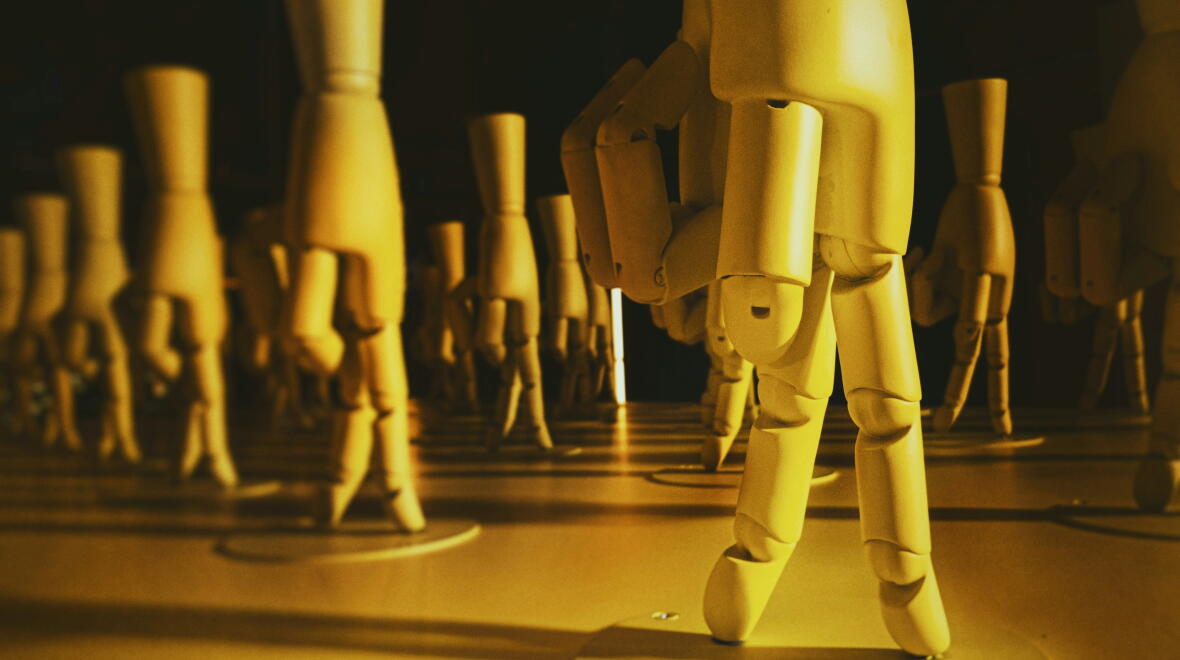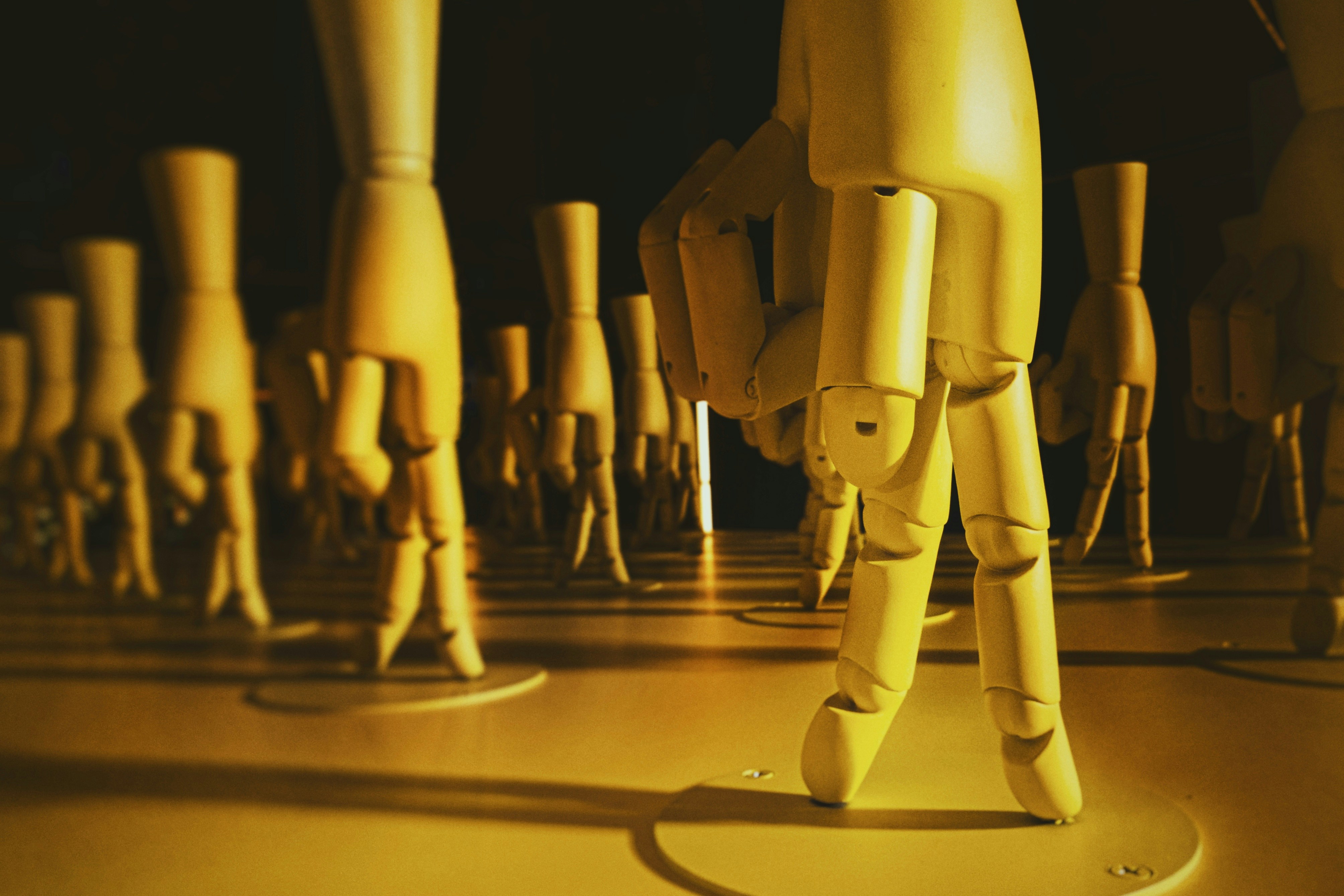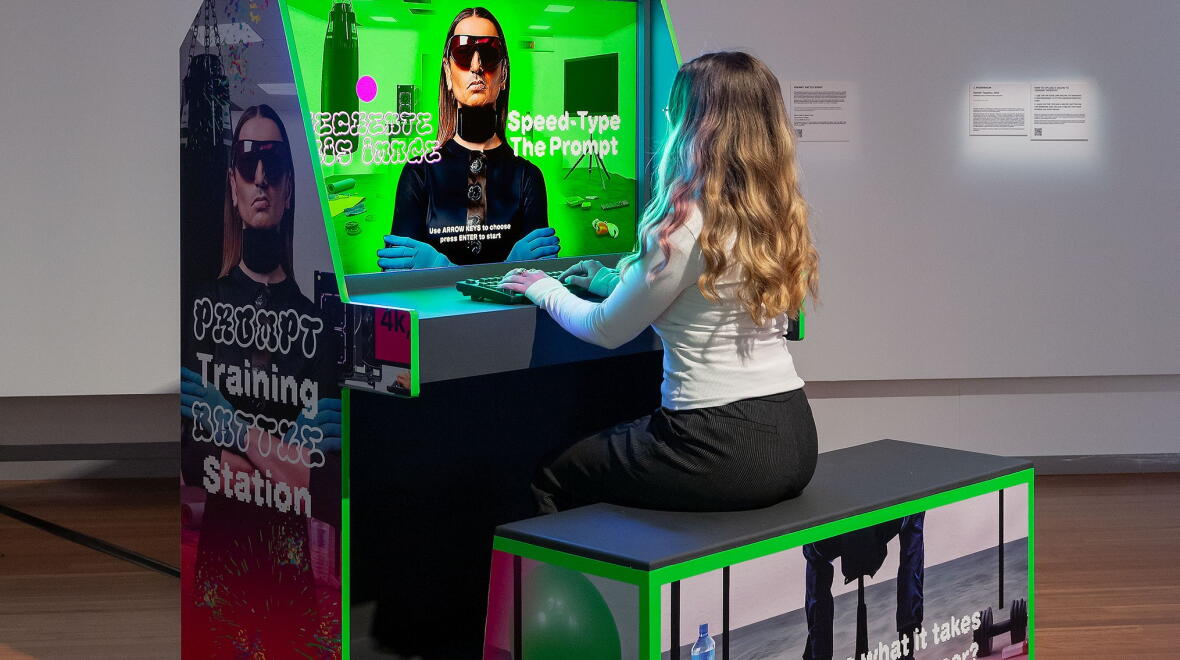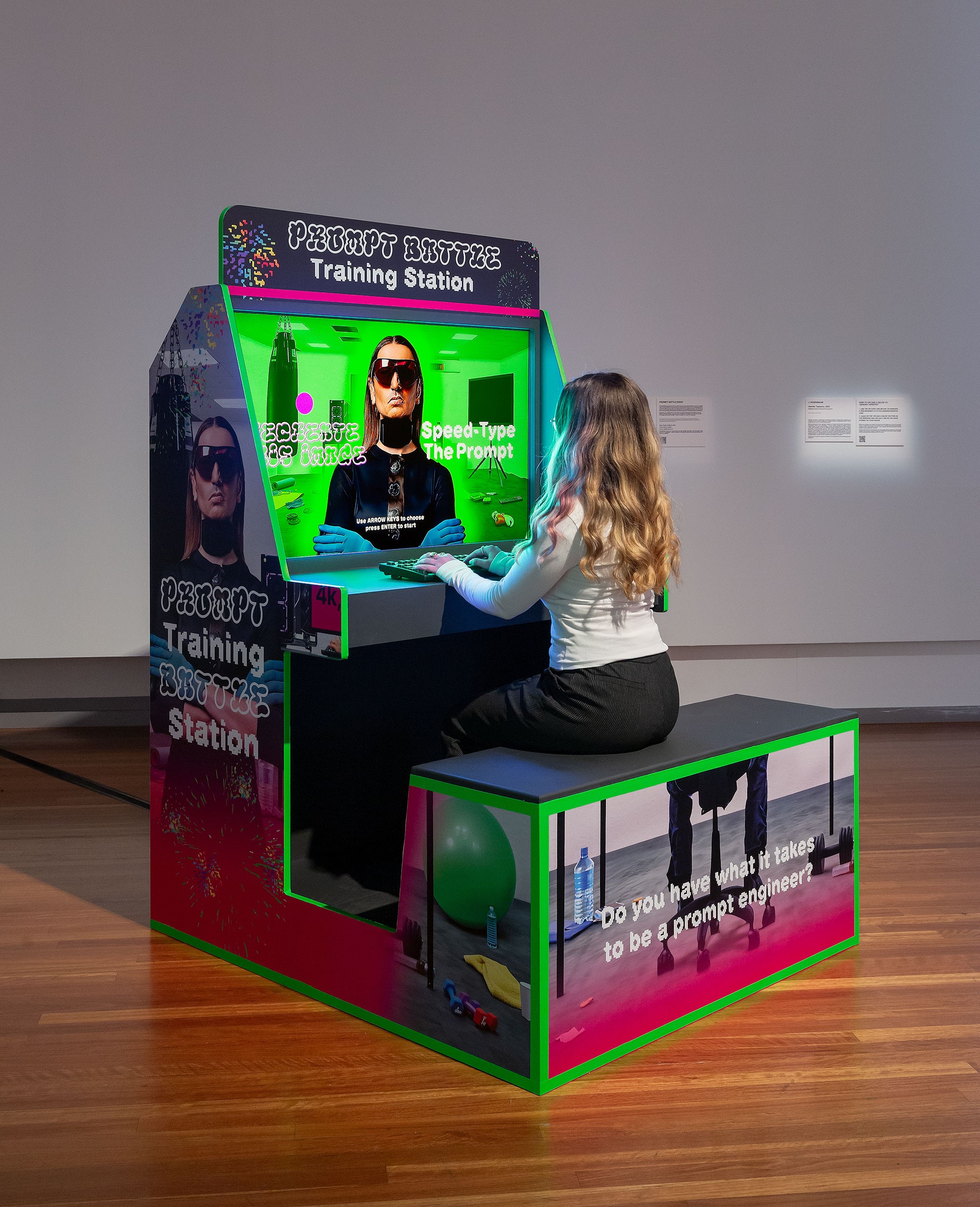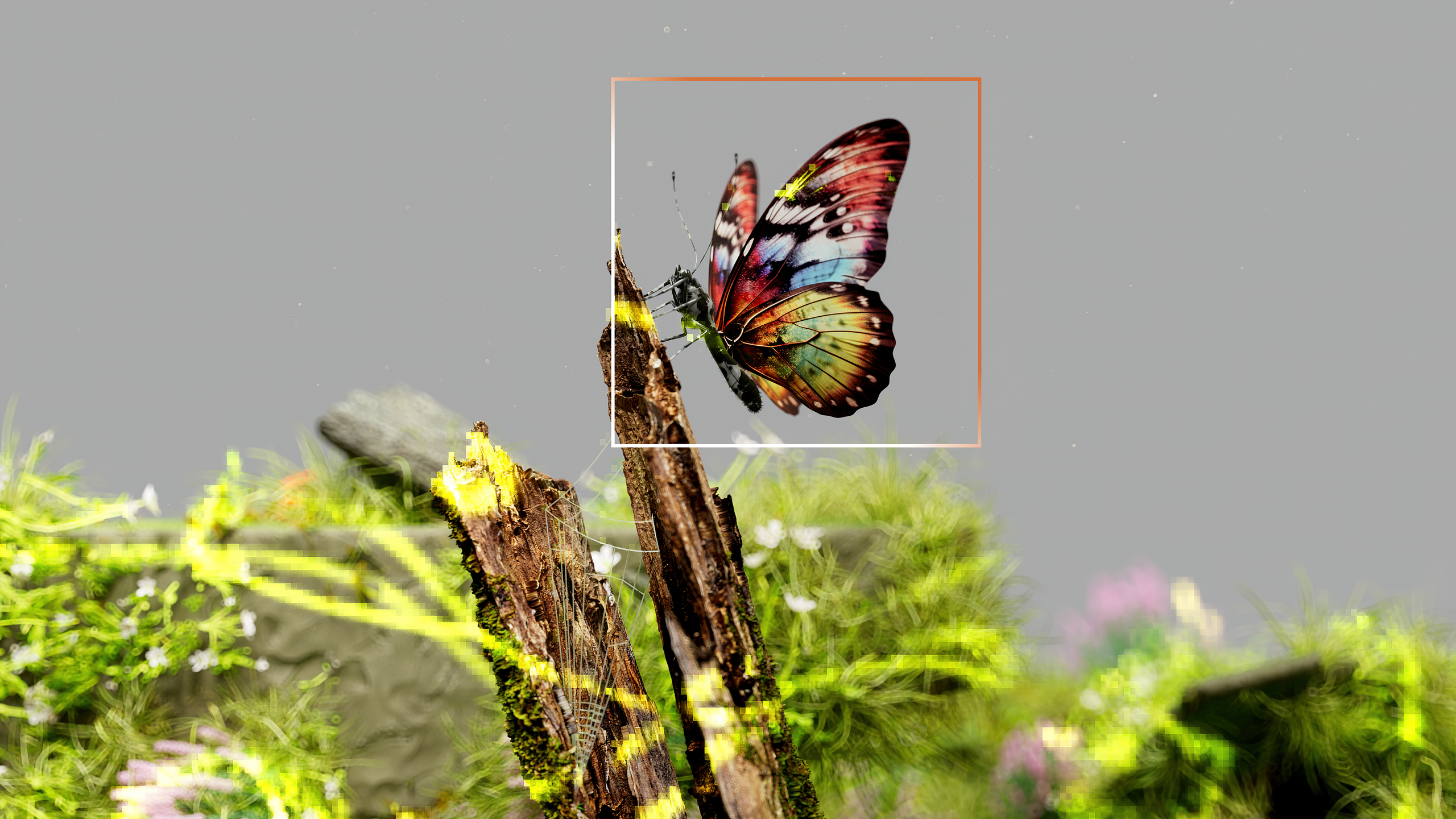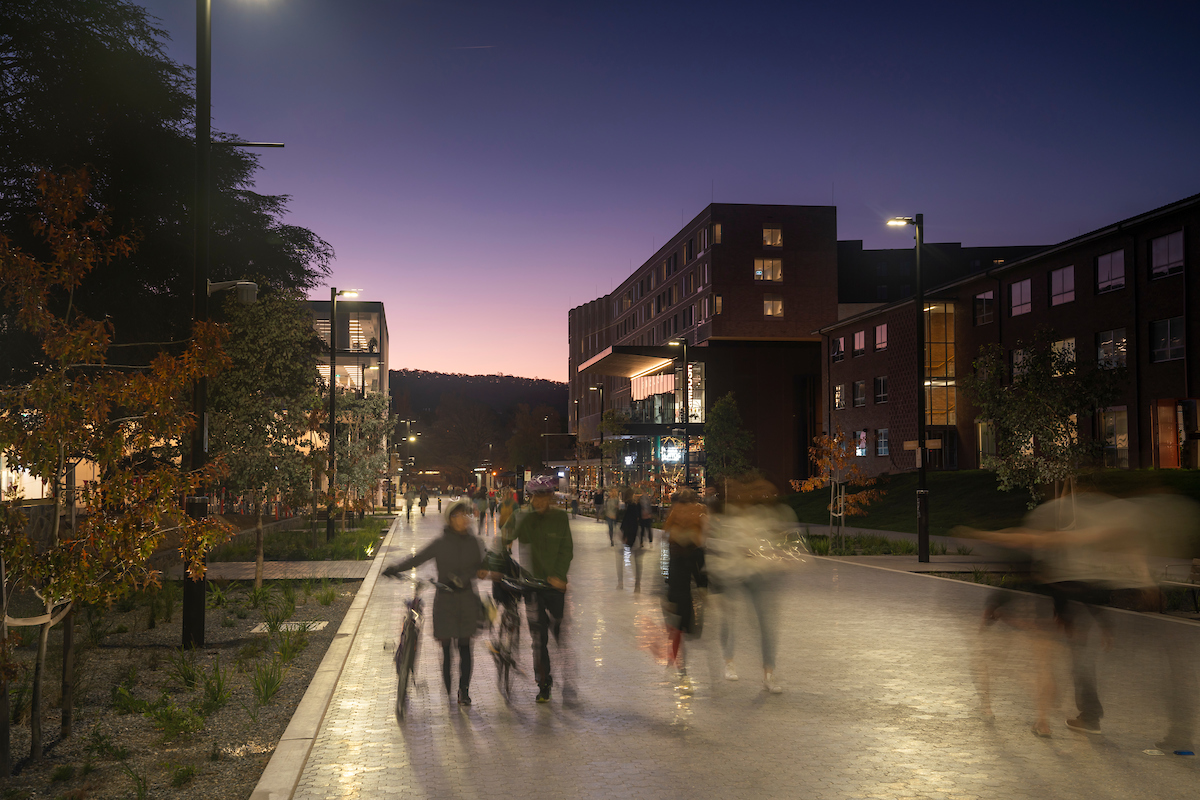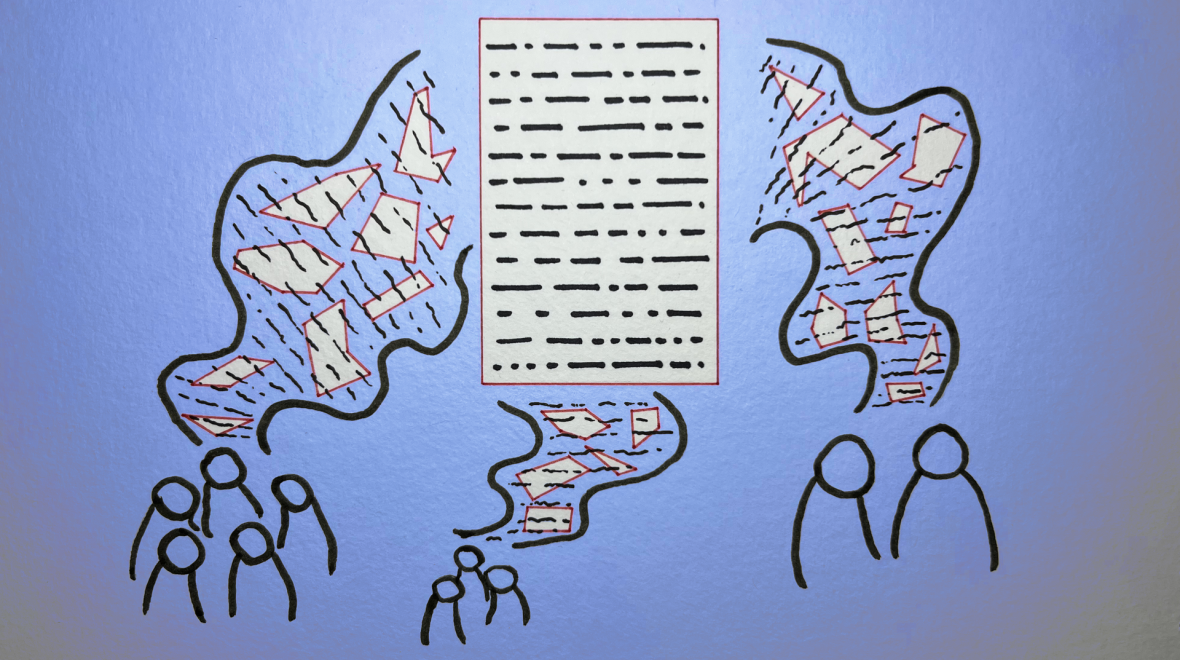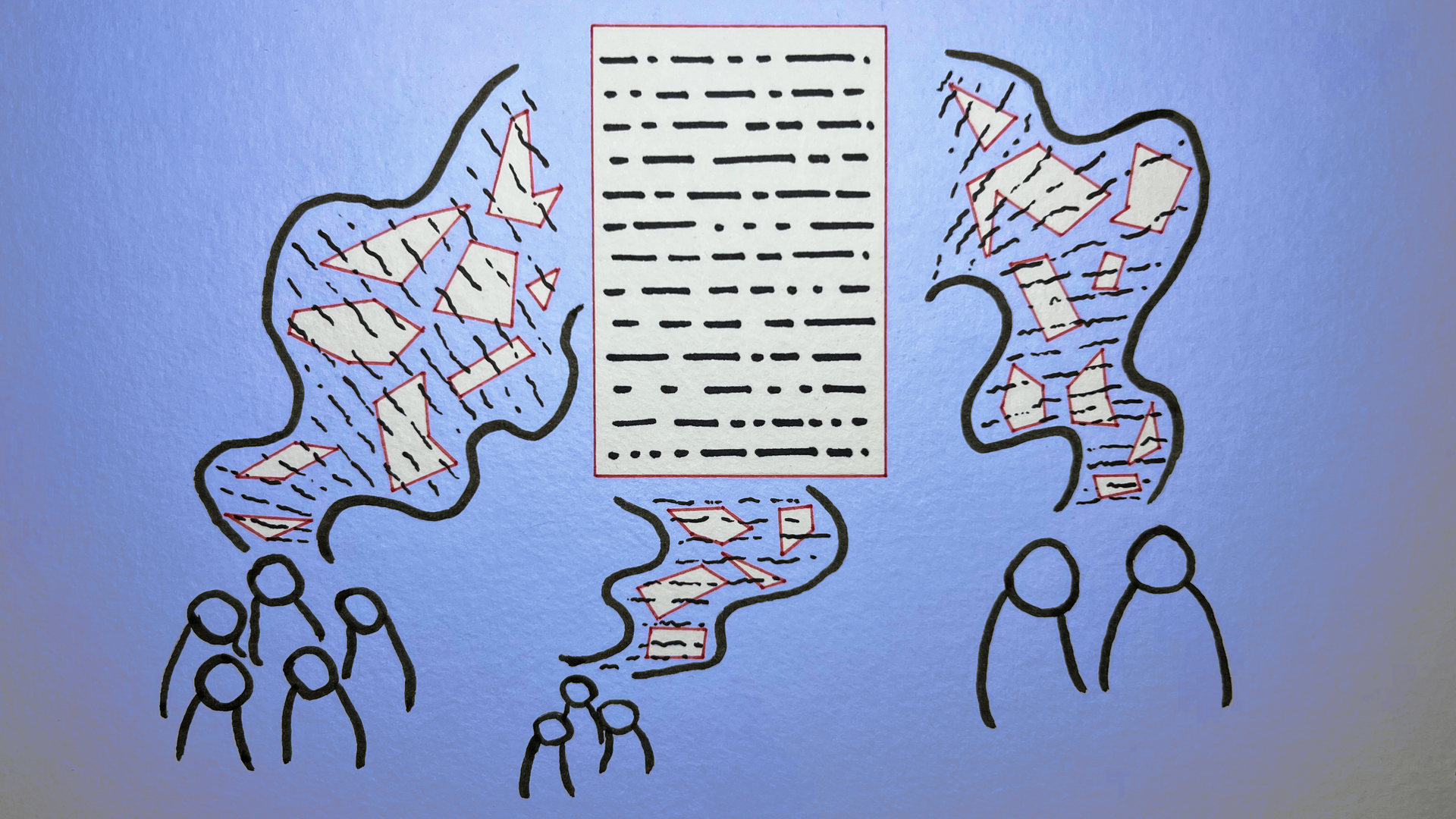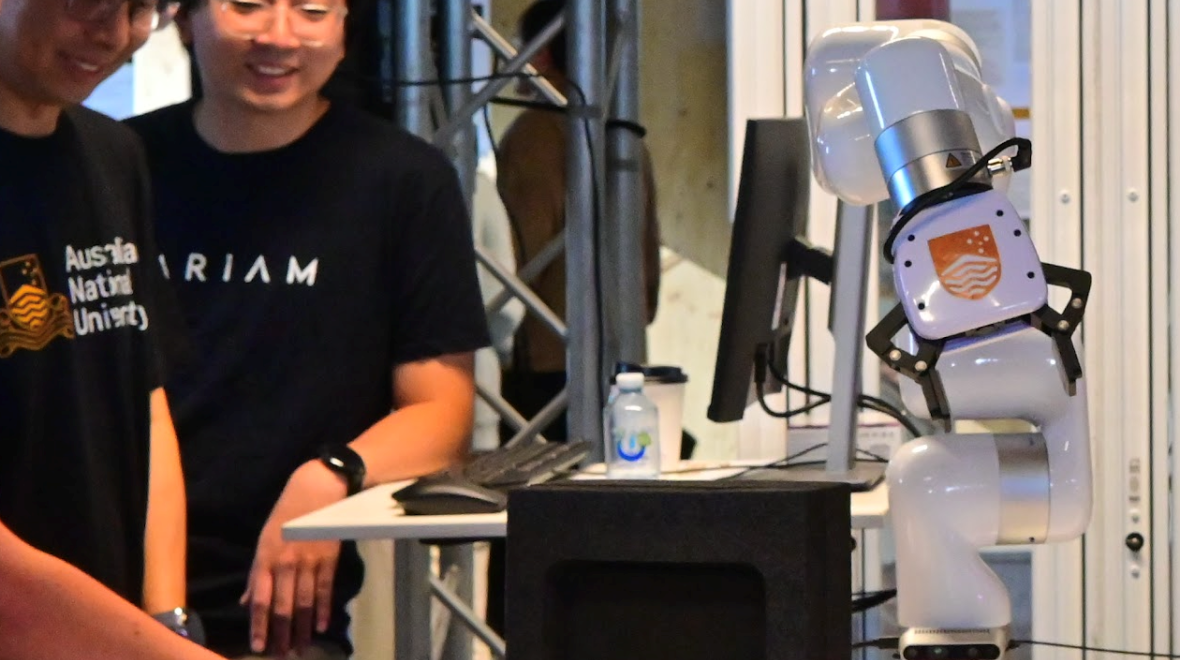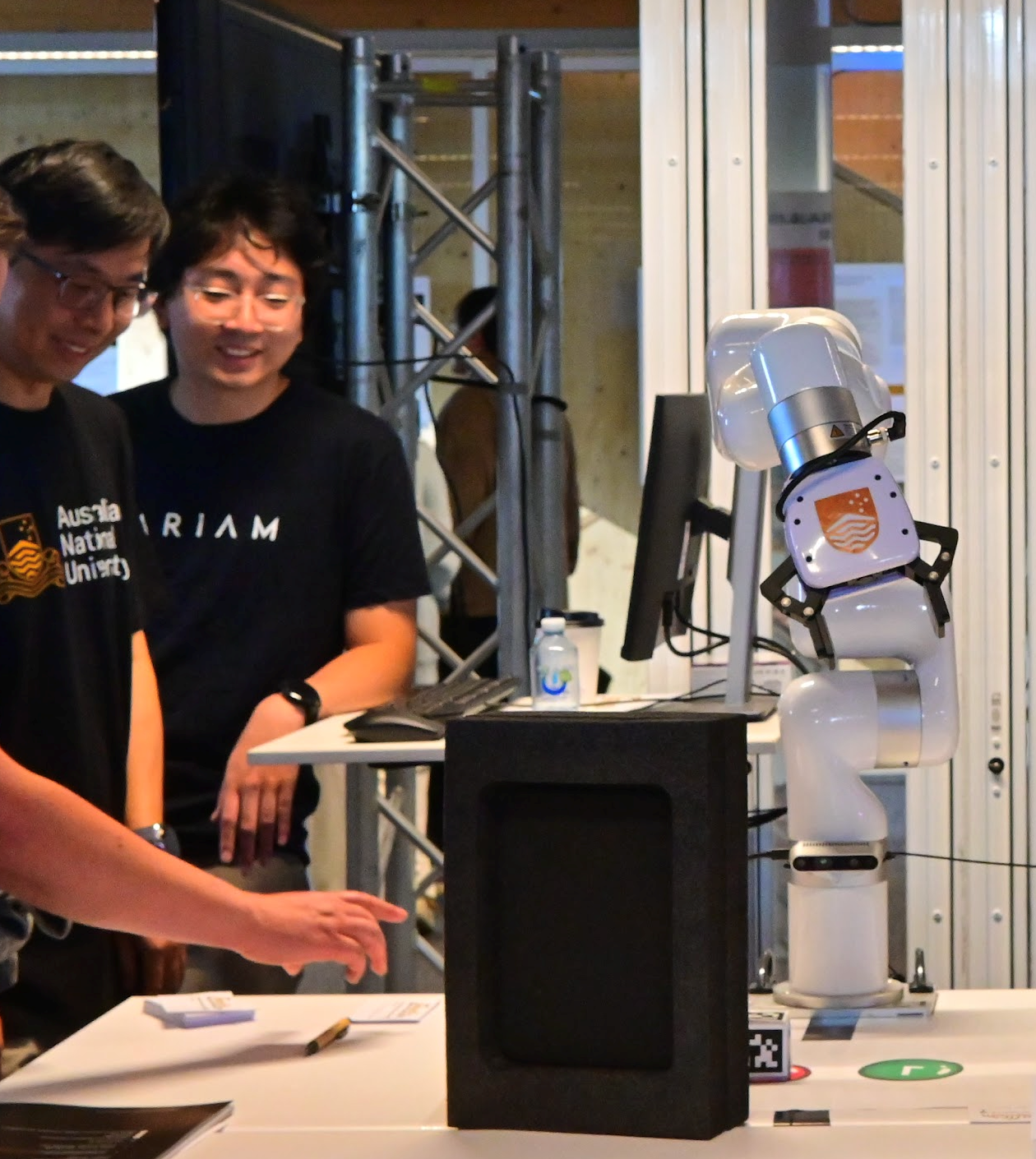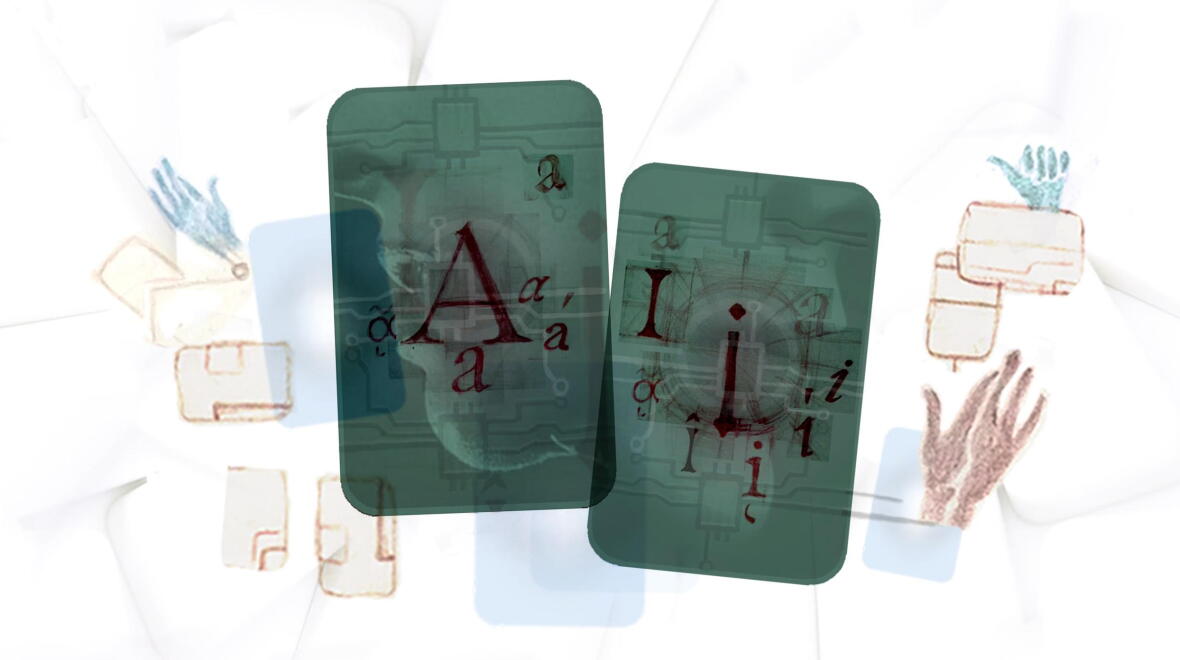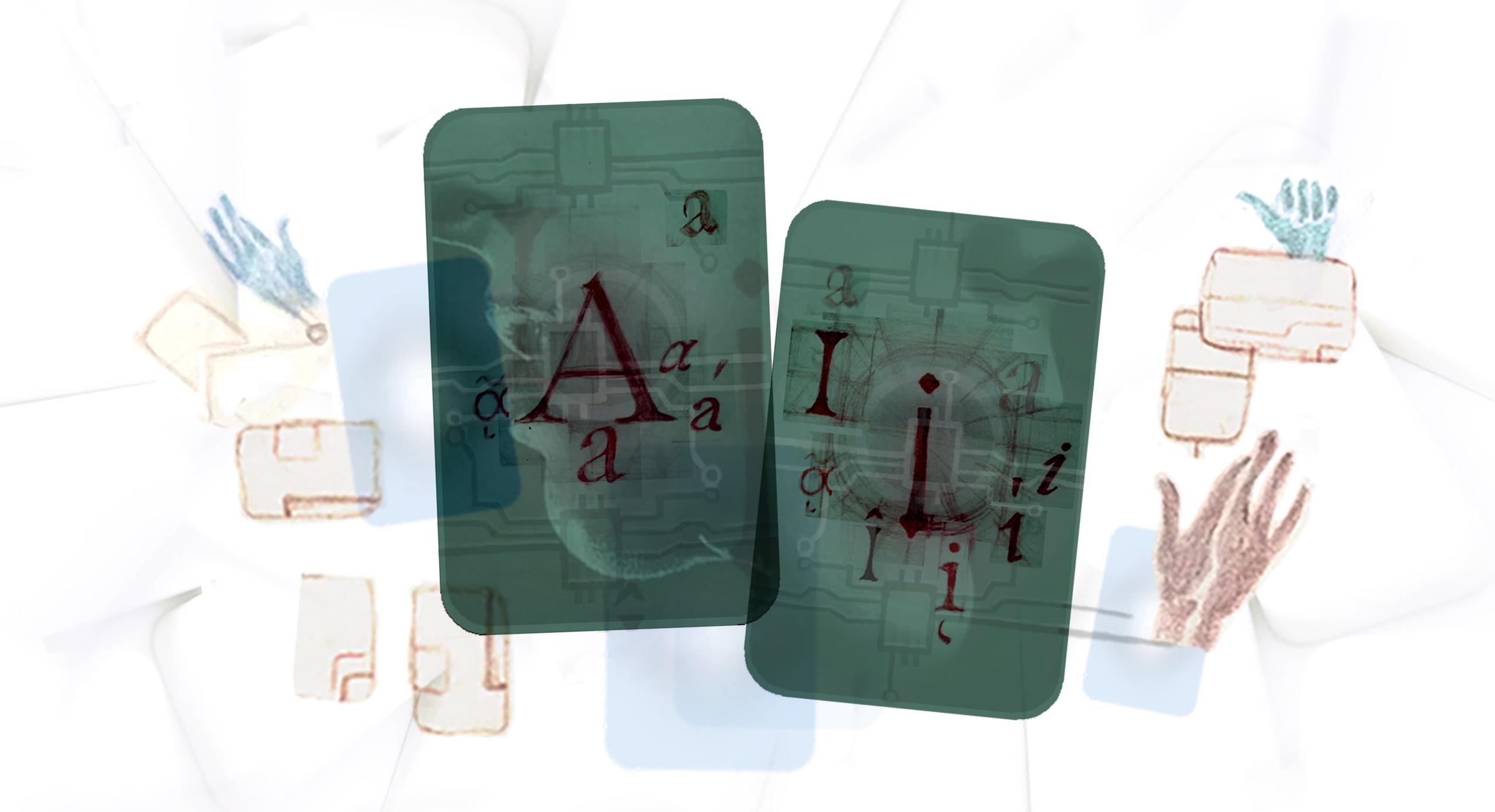Integrated AI takes a transdisciplinary approach to artificial intelligence by bridging experts from different fields in order to understand AI on a micro- and macro-level. We research on wide-range of issues from addressing social and scientific problems to supporting creative and cultural practices.
Human-Machine Interaction
Novel design ideas are important in ensuring human-machine interactions are ethical and inclusive. Our work aims to tackle both the moral and the design components of machines to consider nature and components of moral skill, while also ensuring the agents are value-aligned and non-bias.
Photo: Jason Yuen / Unsplash
Decision Making under Uncertainty
From fundamental research to innovative solutions, ANU hosts a range of initiatives linked to AI decision making under uncertainty. Our award winning Network members develop tools and systems where AI make deliberate decisions in the presence of uncertainty, as well as formulate planning systems and algorithms.
Photo: Emily Morter / Unsplash
Regulation and Governance
ANU is a pioneer in the field of regulation and governance, which aims to understand how various actors, governments and institutions shape the course of events in society. Our researchers are committed to not only understanding how AI-related developments are changing approaches to governance, but also developing innovative proposals to best regulate AI in practice.
Photo: ANU
Ethics and Normative Theory
A branch of philosophy that captures the philosophical side of AI Ethics. Our experts investigate areas such as social epistemology of the Internet, philosophy of language applied to social media or AI, and philosophy of science relating to AI and computing.
Photo: Kelly Sikkema / Unsplash
Creative AI
Creative AI uses innovation in approaching art by merging human creativity with machine intelligence. Our experts use AI to experiment and produce artistic outputs, and also find ways on how AI can support social and cultural change.
Photo: Christian Capurro
Climate Change and AI
Urgent climate change issues require innovation to tackle major future catastrophes. Our research utilises AI as a tool that helps us understand climate change ranging from ocean sea surface temperature (SST) forecasting to predicting the future state of the Great Barrier Reef.
Photo: Nidia Dias & Google DeepMind / Better Images of AI
Transdisciplinary AI
Every research problem is approached differently. Our experts find solutions from variety of disciplines and tackle issues relating to AI through diverse lenses or use AI as a resolution.
Photo: ANU
Markets and Computation
The use of AI tools and algorithms in common web platforms and applications has led to unexpected interactions between humans and AI, therefore complicating the market interaction. Our researchers are committed to analysing the outcomes of diverse range of patterns from humans and AI market interaction through tools, designing algorithms, and proposing policies to improve the outcomes of complex market systems.
Photo: Yasmine Boudiaf & LOTI / Better Images of AI
Robotics
From theory to application of robotics in human environment, our award-winning researchers are constantly studying ways to use robots as a way to improve society.
Photo: Hanna Kurniawati
AI for Science
Fusing machine learning and artificial intelligence to research in science, our researchers use AI as a tool to find new discoveries and breakthroughs in understanding the natural world.
Photo: Alina Constantin / Better Images of AI
AI for Biomedicine
ANU researchers are using AI to revolutionise healthcare, and finding solutions to health issues by diagnosing diseases, detecting cancer and finding drug discoveries.
Photo: Alan Warburton / Better Images of AI
Computer Vision in Context
Computer Vision as a tool to extract important information from image or video presents an opportunity for machines to learn and build. Our specialists develop 3D reconstructions and are capable in building large-scale digital models.

